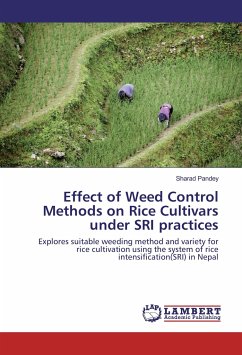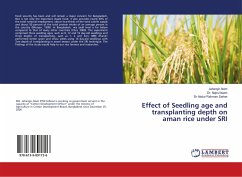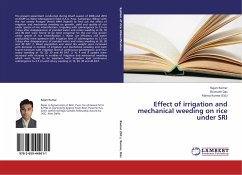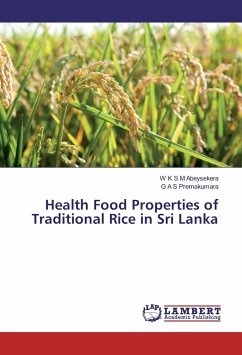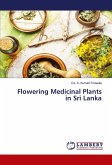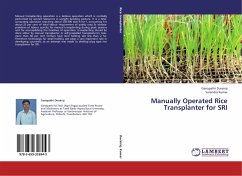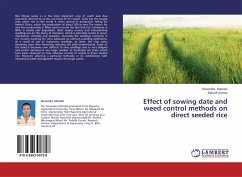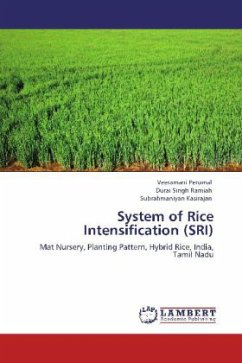The System of Rice Intensification(SRI) is an agro-ecological methodology for increasing the productivity of irrigated rice by changing the management of plants, soil, water and nutrients. Weed infestation is regarded as one of the major causes of low crop yields throughout the world and can cause 50-60% reduction in grain yield under puddled conditions and 91% yield reduction in non-puddled conditions. The issue of weeding is always important because it entails costs as well as benefit. The higher amount of labour for weeding is one of the most criticized aspects of SRI. Viewing these facts, a field experiment was conducted at a farmer's field at Shivanagar-3, Chitwan, Nepal during the rainy season of 2008 A.D. The study recommends to use the variety Ram and follow three soil-aerating weedings as weed control practice for rice cultivation along with the other elements for crop management under SRI where there are assured facilities for irrigation and drainage. The findings of this study should be useful to farmers, researchers, development workers, policy makers or anyone who may consider the optimum, efficient and effective use of limited inputs for producing higher yield.
Bitte wählen Sie Ihr Anliegen aus.
Rechnungen
Retourenschein anfordern
Bestellstatus
Storno

